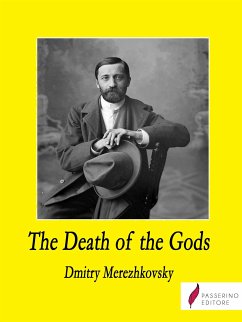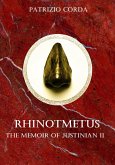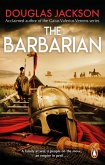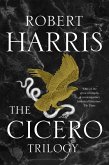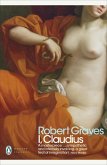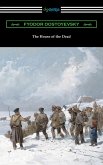Among Russian writers whose works have achieved European reputation, prominence must be given to Dmitri Merejkowski. The son of a court official, Merejkowski was born in 1866, and began to write verses at the age of fifteen, his first volume of poems appearing in 1888. Then, nine years later, came the first of his great trilogy, "The Death of the Gods," which is continued in "The Resurrection of the Gods," and completed by "Anti-Christ," the last-named having for its central character the figure of Peter the Great, the creator of modern Russia. "The Death of the Gods," by many considered the finest of the three, is a vivid picture of the times of the Roman Emperor Julian, setting forth the doctrine that the pagan and the Christian elements in human nature are equally legitimate and sacred, a doctrine which, in its various guises, runs through the trilogy.
Dieser Download kann aus rechtlichen Gründen nur mit Rechnungsadresse in A, B, BG, CY, CZ, D, DK, EW, E, FIN, F, GR, HR, H, IRL, I, LT, L, LR, M, NL, PL, P, R, S, SLO, SK ausgeliefert werden.

